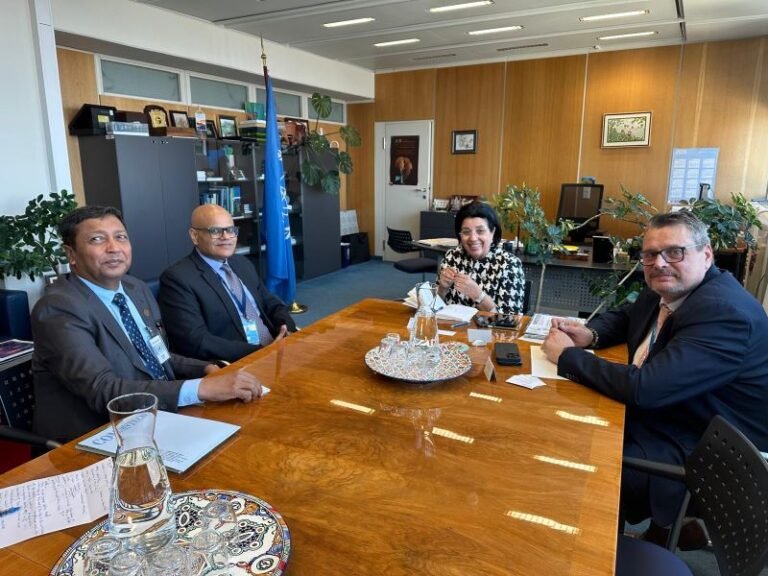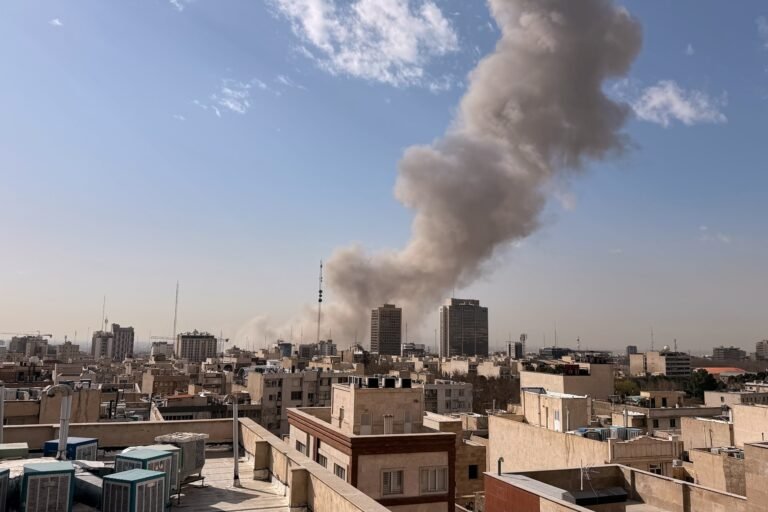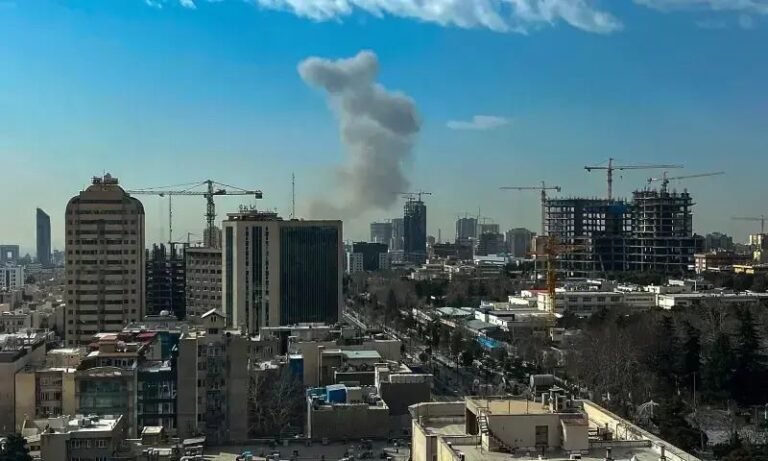Naypyidaw, 26 July 2022 (TDI): Médecins Sans Frontières (MSF) provides counselling and mental healthcare support to women who face severe mental health issues, in the Rakhine state of Myanmar.
The violence erupted in Rohingya and Rakhine communities in 2012. People spent 10 years in overcrowded and filthy camps in Rakhine state, due to violence. Consequently, Rohingya and Kaman Muslim women struggled with mental health for these ten years.
10 years living in cramped, squalid camps in Rakhine state, #Myanmar.
Rohingya and Kaman Muslim women share their mental health struggles. https://t.co/Z7CBkoeByJ
— MSF International (@MSF) July 25, 2022
Rohingya is an ethnic Muslim minority group who faced institutionalized discrimination such as exclusionary citizenship laws in Myanmar.
After an ethnic Rakhine lady was allegedly raped by a gang of Muslim males in June 2012, there was violence between ethnic Rakhine and Rohingya locals.
Due to this, almost 75,000 people, mostly Rohingya, were displaced. The majority of them were residing in nine overcrowded camps in the Rakhine State.
In 2012, the violence destroyed houses and places of worship, killed at least 80 people, and left tens of thousands of people homeless.
Mental health issues in the Rakhine state
The Rohingya have had serious mental health issues for ten years because of their living conditions. More than 5,000 people live in congested camps with inadequate shelters and muddy and narrow walkways.
Because of poor drainage, water puddles serve as a home for disease-carrying mosquitoes. Too many people are using too few toilets, and the facilities are frequently unclean due to inadequate water availability, especially during the dry season.
What’s more, mental health services are costly with limited access. MSF provides the Rohingya with essential mental healthcare help through their clinics in the camps. Any visitor regardless of their nationality or religion is welcome to use these services.
Role of MSF in recovering Zaw Rina’s Mental Health
In Pauktaw town, Zaw Rina’s house was destroyed by fire. She was compelled to leave her home and escape with her family to a camp in the state’s western region.
Rina saw that thousands of people were killed in these camps, and had limited freedom of movement, and limited access to education and healthcare.
Fear, struggles for food, and a sense of hopelessness characterized Zaw Rina’s daily life and that of thousands of others in the Rakhine state.
The long-term status quo has had severe negative effects on mental health. Both Zaw Rina and her daughter received counselling from MSF.
Rina said; “I really felt lost and didn’t know where to ask for help until I met with the (MSF) counsellor. I am feeling better now in terms of my mental health, a lot better, and for my daughter too.”
Role of MSF in recovering Daw Than Than’s Mental Health
Daw Than Than is widowed. She has neither relatives nor children to help or support her. When she can, she helps out in peoples’ homes by cooking and cleaning.
She said; “I feel sad because I struggle alone in my life. I feel lonely and sad because I have no one to support me when I feel sick. I can’t afford to go to a private hospital,”
She added; “When I speak to MSF counsellors, I feel some relief. They help me with breathing exercises, which are really helpful for relaxing. During counselling sessions, I cannot control my feelings though, and I cry.”
Role of MSF in recovering Khin Phyu Oo’s Mental Health
After experiencing a seizure, Khin Phyu Oo visited the MSF clinic. Her husband became angry that she could not perform household duties and beat her.
She felt suicidal after her husband beat her on several occasions. She started receiving counselling from MSF at this time, in addition to seizure medication.
She said; “I have no one to open up to. Nobody wants to listen to me. I am happy to come here and say everything that is on my mind.
I feel happier. I think getting treatment is good for me. I can open up to the doctors here and they motivate me and give me suggestions (about how to make myself feel better). The doctors also gave my husband mental health education.”
Student of BS International Relations in Kinnaird College for Women. Currently, working in 'TDI' as a contributor.
- This author does not have any more posts.















